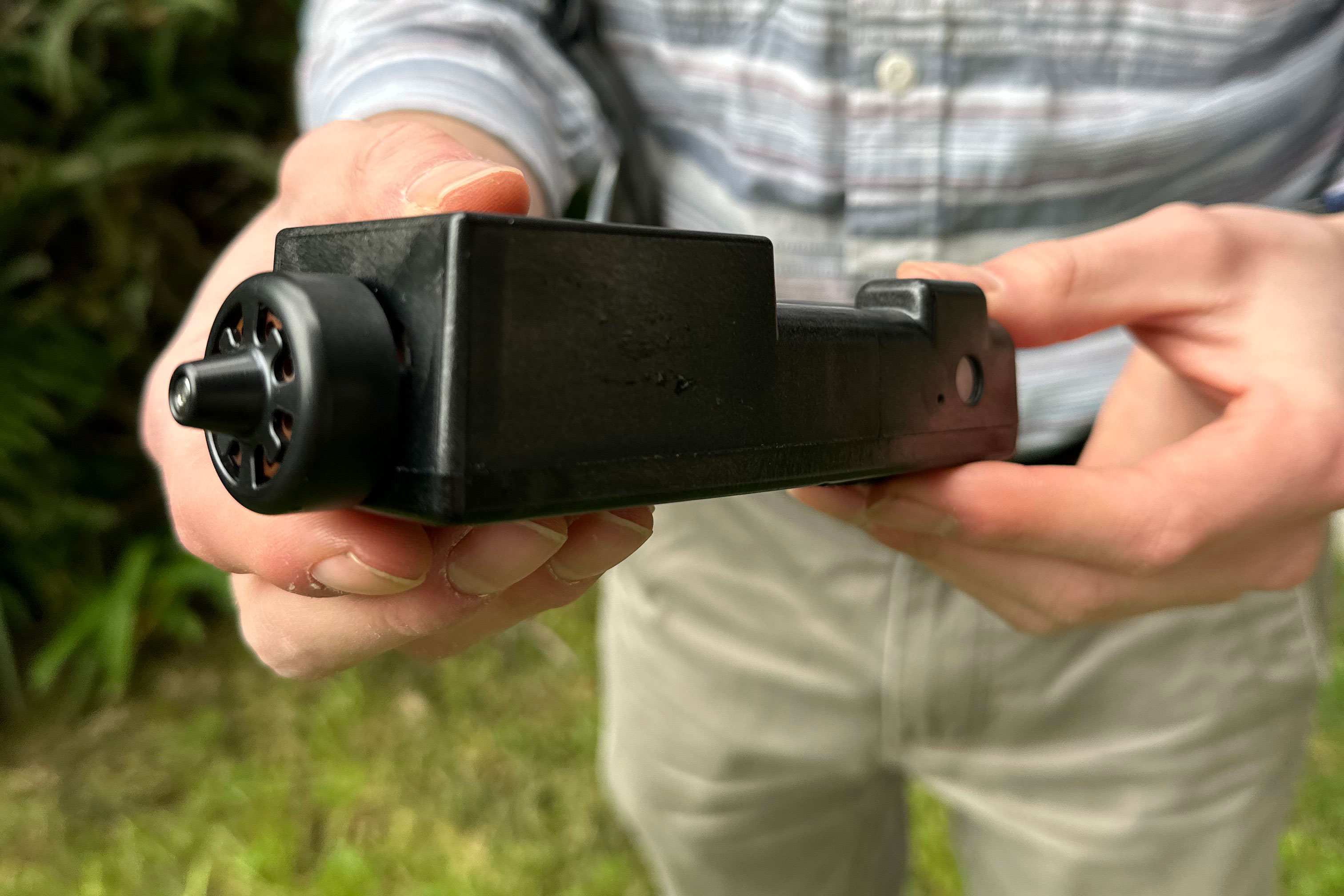Embracing Hadassah: Honoring Queen Esther’s Secret Self

Unveiling the Hidden Depths
Purim, with its celebration of Queen Esther’s bravery, resonates deeply within feminist circles. As a testament to my admiration for her courage amidst adversity, I adopted Esther’s believed birth name, Hadassah, upon my conversion to Judaism. Although my Rabbi raised an eyebrow at my choice, questioning why I favored Hadassah over Esther, I struggled then to articulate my reasoning. Yet, with each passing Purim, I find myself reflecting more profoundly on this decision.
Unraveling the Megillah’s Silence
The Megillah, or the Scroll of Esther, leaves much of the queen’s personal narrative shrouded in mystery. While it mentions her upbringing as an orphan under Mordechai’s care, it provides scant details about her feelings, experiences, or relationships. Questions linger: Was she content in Mordechai’s household? How did she navigate the challenges of entering the King’s court? The narrative’s emphasis on Mordechai’s directives underscores the prevalent gender dynamics of the time, where women often found their voices stifled by male authority.
Echoes of Silence: Esther’s Voicelessness
Perhaps most striking is Esther’s initial silence in the Megillah. For several chapters, she remains voiceless, a common plight for women throughout history. However, when she finally speaks, her words carry immense weight, showcasing her courage and agency. Yet, the silence preceding her speech speaks volumes about the broader struggles women face in having their voices heard and validated.
Reclaiming the Narrative: Hadassah vs. Esther
In academia, feminist criticism often revolves around reclaiming women’s narratives from male-dominated archives. Similarly, I chose the name Hadassah as a deliberate act of reclaiming Queen Esther’s hidden self—the woman obscured by patriarchal retellings of her story. “Esther” conjures a narrative molded by masculine perspectives, overshadowing the complexities of her character and experiences. By embracing Hadassah, I pay homage to the enigmatic woman obscured within the margins of her own narrative.
Honoring the Unseen Woman
Each Purim, I reflect not only on Queen Esther’s triumph over Haman but also on the woman she represents—the silent struggles, the unspoken fears, and the unseen strength. Hadassah symbolizes more than a name; it embodies the resilience of women navigating a world where their voices are often stifled. Through this small act of renaming, I acknowledge the multifaceted woman behind the queenly facade and the enduring fight to amplify women’s voices in a world quick to silence them.
Re-reported from the article originally published in The Lilith org








